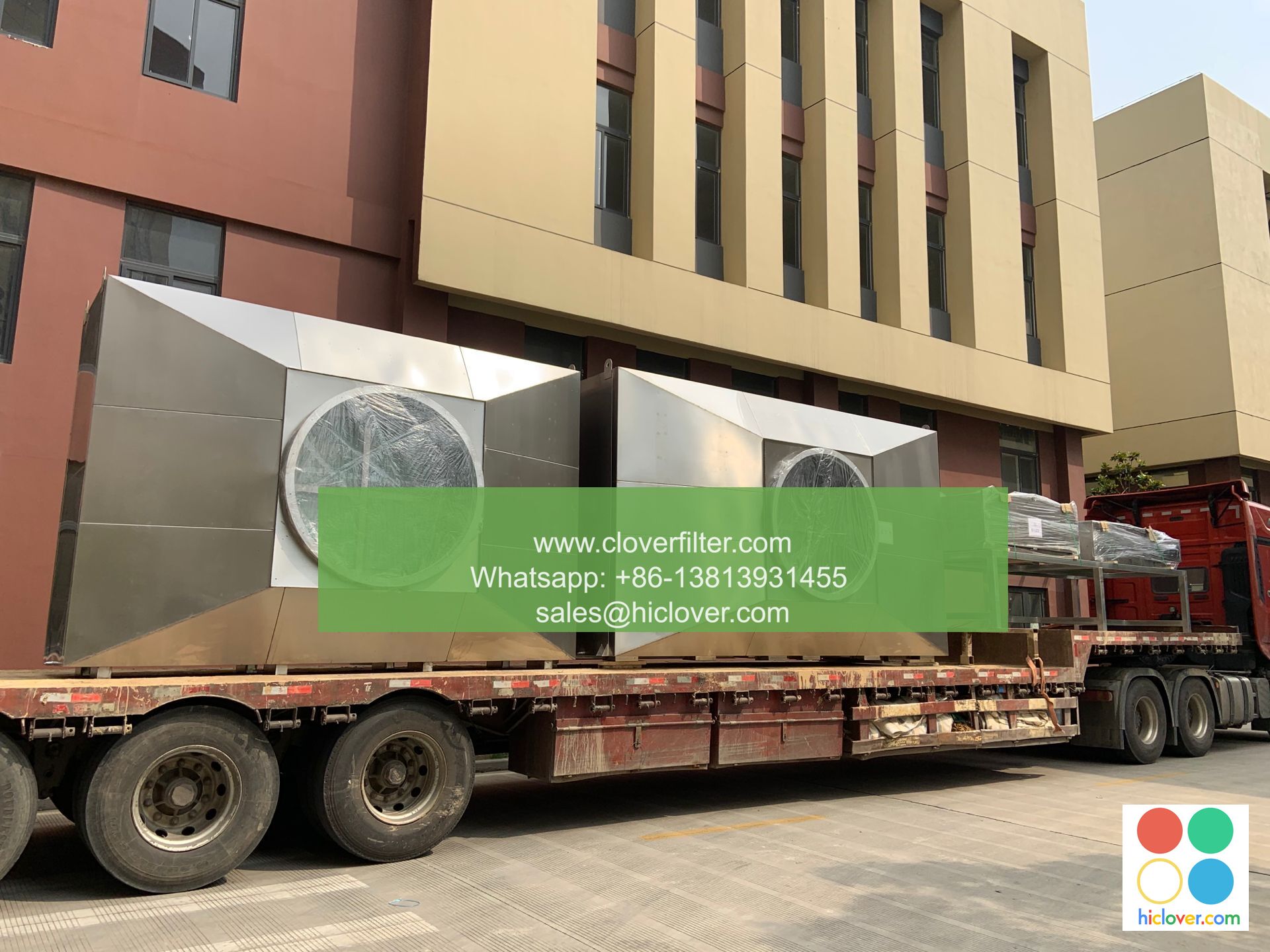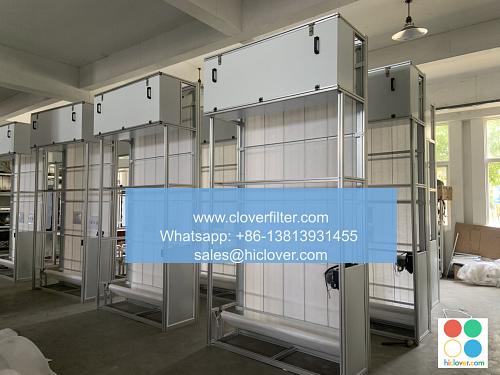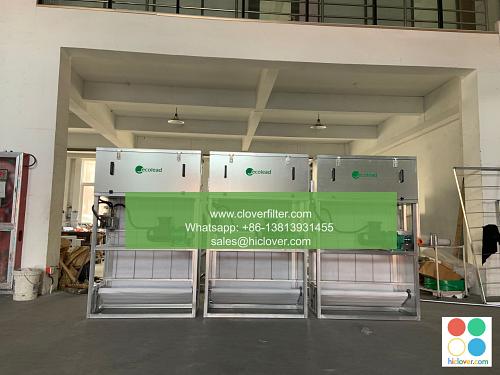HEPA Air Filters: A Comprehensive Guide

HEPA Air Filters: A Comprehensive Guide
What are HEPA Air Filters?
High Efficiency Particulate Air (HEPA) filters are designed to capture 99.97% of particles as small as 0.3 microns, including dust, pollen, smoke, and other airborne contaminants. This makes them an essential component in various industries, from residential HVAC systems to commercial and industrial applications.
How do HEPA Air Filters Work?
HEPA filters use a unique technology that captures particles through three stages: impaction, interception, and diffusion. Here’s a breakdown of each stage:
- Impaction: Particles are trapped by the filter’s fibers as they attempt to pass through the filter’s pleats.
- Interception: Particles collide with the fibers and stick to them due to their larger size and weight.
- Diffusion: Smaller particles are captured as they diffuse through the fibers, getting stuck in the filter’s deeper layers.
- Improved indoor air quality: By removing 99.97% of airborne particles, HEPA filters help to reduce particle pollution, allergens, and odors, creating a healthier living and working environment.
- Reduced asthma and allergy symptoms: By minimizing exposure to airborne irritants, HEPA filters can help alleviate symptoms of asthma and allergies.
- Prevention of particle spreading: HEPA filters are designed to capture particles, preventing the spread of particles and pollutants through the air.
- Energy efficient: HEPA filters are designed to reduce airflow resistance, improving the efficiency of HVAC systems.
- Residential: HEPA filters are a popular choice for home HVAC systems, helping to maintain a cleaner and healthier indoor environment.
- Commercial: HEPA filters are used in office buildings, restaurants, and other commercial spaces to improve indoor air quality and reduce employee complaints.
- Industrial: HEPA filters are used in various industrial settings, such as manufacturing facilities, hospitals, and laboratories, to control airborne contamination and ensure a clean working environment.
- Automotive: HEPA filters are used in some cars, buses, and aircraft to improve air quality and reduce particle buildup.
- Certifications: Look for certifications from reputable organizations, such as the HVAC industry’s ASHRAE (American Society of Heating, Refrigerating, and Air-Conditioning Engineers) or the United States Department of Energy.
- Filter size and compatibility: Ensure the filter is compatible with your existing HVAC equipment and measures the right size for your space.
- Filter type: Choose betweenpleated, flat, or rectangular filters, each with its advantages and disadvantages.
- Filter life and maintenance: Consider the filter’s lifespan, maintenance requirements, and replacement frequency.
Benefits of HEPA Air Filters
HEPA air filters offer numerous benefits, including:
Applications of HEPA Air Filters
HEPA air filters have a wide range of applications across various industries, including:
Things to Consider When Selecting a HEPA Air Filter
When choosing a HEPA air filter, consider the following factors:
Conclusion
HEPA air filters have revolutionized the way we breathe, work, and live. With their impressive particle capture rates and wide range of applications, these filters are an essential component in various industries. By understanding how HEPA filters work, their benefits, and the factors to consider when selecting one, you can ensure a healthier, cleaner, and more efficient living and working environment.
I’m happy to help! However, it seems like you haven’t provided a prompt or question. Could you please provide more context or clarify what you’d like to talk about?


